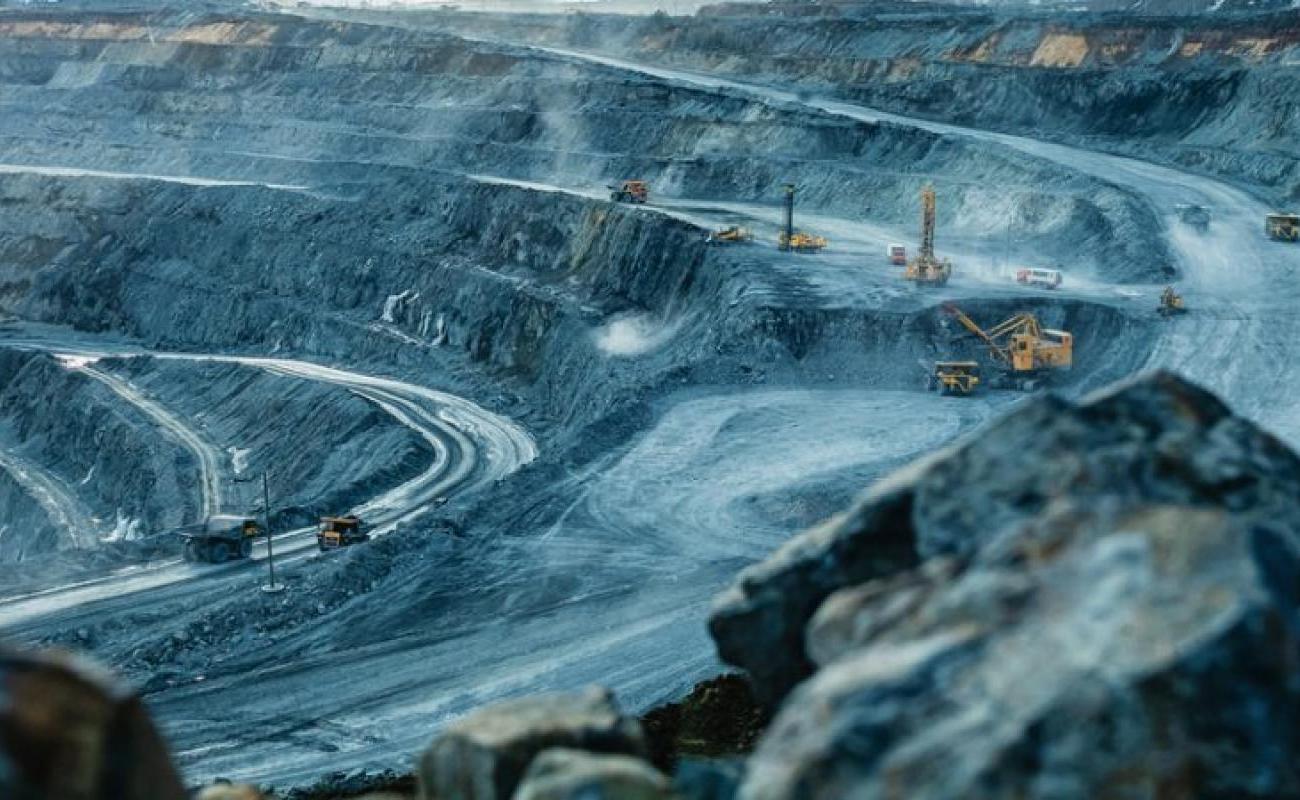EU dependency on China raw materials: Preparing for worst-case scenario

Since the onset of the war in Ukraine, the EU has been increasingly wary of dependency on China, especially regarding critical raw materials. According to MEP Hildegard Bentele, the EU should prepare for the eventuality of a Chinese attack on Taiwan and potential subsequent sanctions and supply shortages.
Europe is heavily dependent on China for many critical raw materials considered crucial for the success of the green and digital transition. China is, for instance, providing 86% of the world’s rare earth supply – a crucial element for car batteries.
“We have to be aware that China might attack Taiwan, and we have to prepare for this moment,” Bentele said at an event organised by EURACTIV.
“And we have to prepare for the moment that there might be sanctions or there might be export bans, which we have already experienced,” she added.
According to Bentele, who acted as rapporteur for the European strategy for critical raw materials, the war in Ukraine and the supply shortages during the COVID-19 pandemic have triggered a shift in how risk assessments of supply chains are conducted on the EU level.
“We have to be more careful, that we have to look more ahead, not only to the next year or the next two years,” Bentele stressed.
With the acceleration of the Green transition, demand for critical raw materials is expected to skyrocket by 500% by 2050, according to the World Bank. The green economy is especially considered to be raw material intensive.
“We were moving away from fossil fuels into a raw material intensive world,” Titas Anuškevicius, Policy Officer for Energy Intensive Industries at the European Commission, said at the EURACTIV event.
“We’ll need many more wind turbines, many more solar panels, many more electric vehicles, which all of them will require all kinds of raw materials to produce,” he added.
In March, the EU plans to present its Critical Raw Material Act, which attempts to lessen the dependence on non-democratic states and boost European autonomy.
However, the potential when it comes to the mining of critical raw materials is limited.
“We cannot change the geology in Europe. So there might be some raw materials where there is potential to actually ensure that we have a stronger domestic supply with primary raw materials,” Mark Mistry, senior public policy manager at the Nickel Institute, emphasised.
Mistry thus proposed to combine different efforts. Next to mining and recycling, trade partnerships are expected to play a critical role.
However, there is also another area where the EU would be in a good position to catch up.
China not only holds a quasi-monopoly position when it comes to mining these materials, it also has a dominant position in refining and processing. For instance, while only around 9% of the world’s lithium is mined in China, approximately 60% is refined there.
For Julia Poliscanova, Senior Director at the NGO Transport and Environment (T&E), the EU should thus especially focus on the refinement and further processing of critical raw materials.
“China does not mine all of their metals. They have often mined abroad and are brought to China to do the processing,” Poliscanova said.
“And that’s what Europe should also focus on. We are not a mining superpower. We can’t do all that extraction,” she added.
According to a recent position paper by T&E, the EU could refine over half of its Lithium demand on its home turf if it sets the right policies.
This article follows the EURACTIV-organised policy debate “EU Energy transition – What role for critical raw materials?” supported by Nickel Institute.
